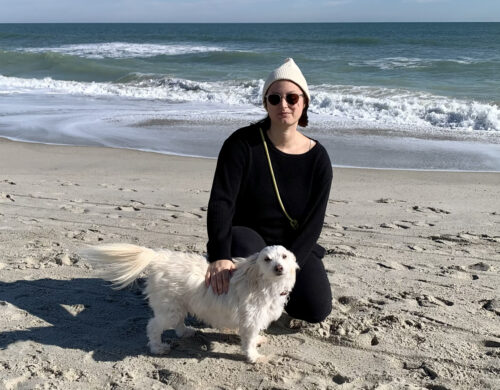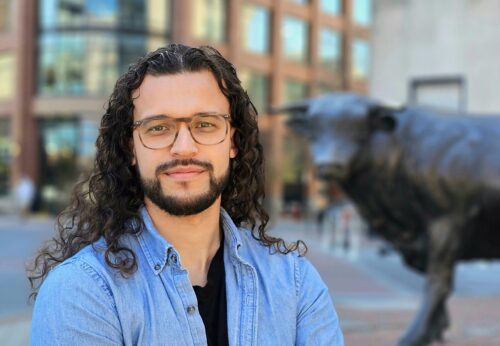Carmen Parada, a cybersecurity expert and sales executive at Burwood Group Inc., was born and raised in Acapulco, Mexico, and immigrated to the United States to be with her American husband in 1996. Though her computer science expertise helped her land a job almost immediately, immigration policy still posed a challenge. Parada was unable to return to Mexico until her legal status was resolved. “Being apart from your family in a new country is very challenging,” she says.
It’s really unfortunate that such hard-working and intelligent people, who have wonderful business minds, are just not able to develop their skills due to paperwork.
Yet Parada knows that her experience obtaining legal status in the United States was relatively swift compared to that of other relatives who have moved here. “I happen to have family here that are still struggling after more than 30 years, trying to get paperwork in,” she says. “They have children born and raised in the United States, and yet they’re still not able to get approvals for their green card or their residency.” That kind of prolonged wait, she believes, means that individuals aren’t able to pursue better work opportunities or fully contribute to their local economies. “It’s really unfortunate that such hard-working and intelligent people, who have wonderful business minds, are just not able to develop their skills due to paperwork,” Parada says. “In the United States, immigration policy really doesn’t make sense. This is the country of the opportunity, yet we deny opportunities to a lot of people just because of their immigration status.”
After two years working for Sun Microsystems, Parada and her husband moved to Anaheim, California, to settle down, buy a house, and start a family. There, Parada began working at the Union Bank of California in Monterey Park, and then for the Burwood Group Inc., where she’s now an account executive. She also earned her MBA from the University of La Verne. Parada consults with businesses, organizations, and information technology leaders about emerging technologies. Outside work, she is active with the Hispanic IT Executive Council, serves on the board of directors for the Latino Business Association, and volunteers for various local charity agencies that help feed the needy. She also regularly speaks with students about careers in science, technology, engineering, and math (STEM).
“When I came here, I thought that it’s the American goal to have freedom for everybody,” Parada says. “But actually everything is kind of the opposite. Some immigrants don’t have the freedom to go to school, they don’t have a fair opportunities to work, they don’t have the freedom to have a driver’s license without a green card or citizenship. I believe that we need to get over the politics and let people have equal chance. We need the freedom to really pursue opportunities. There shouldn’t be a restriction to people to achieve their dreams.”



